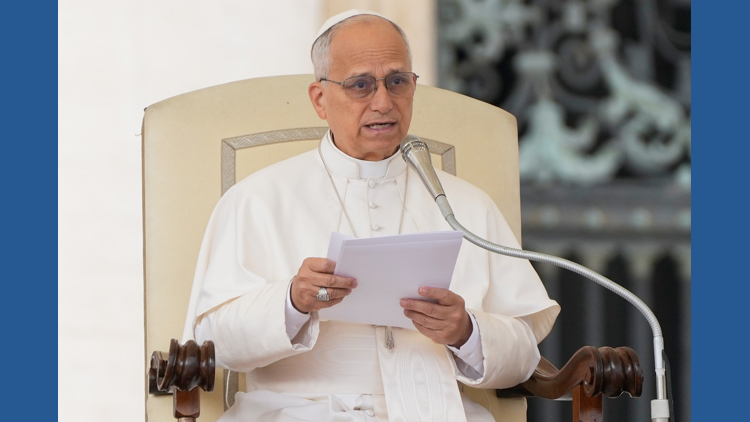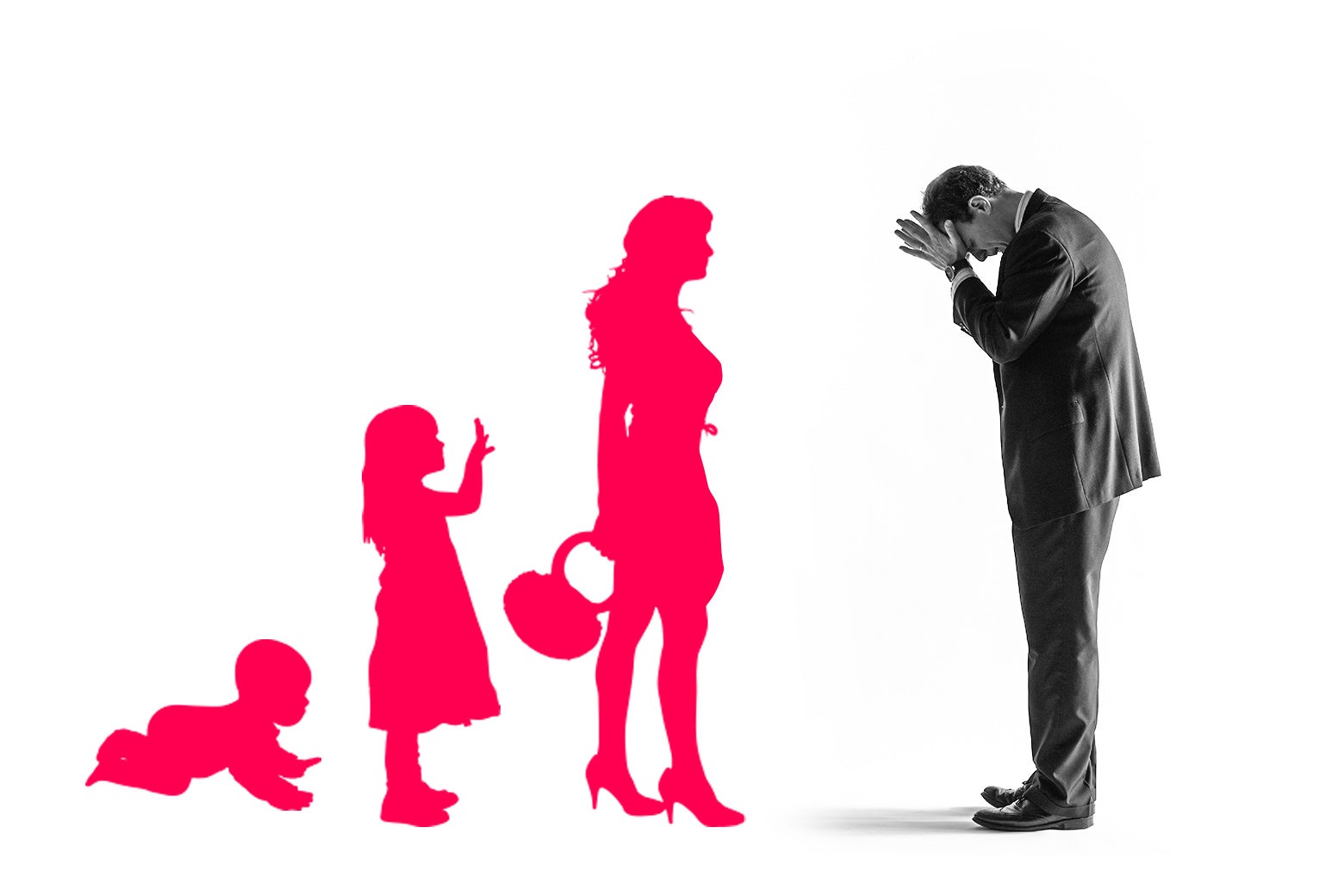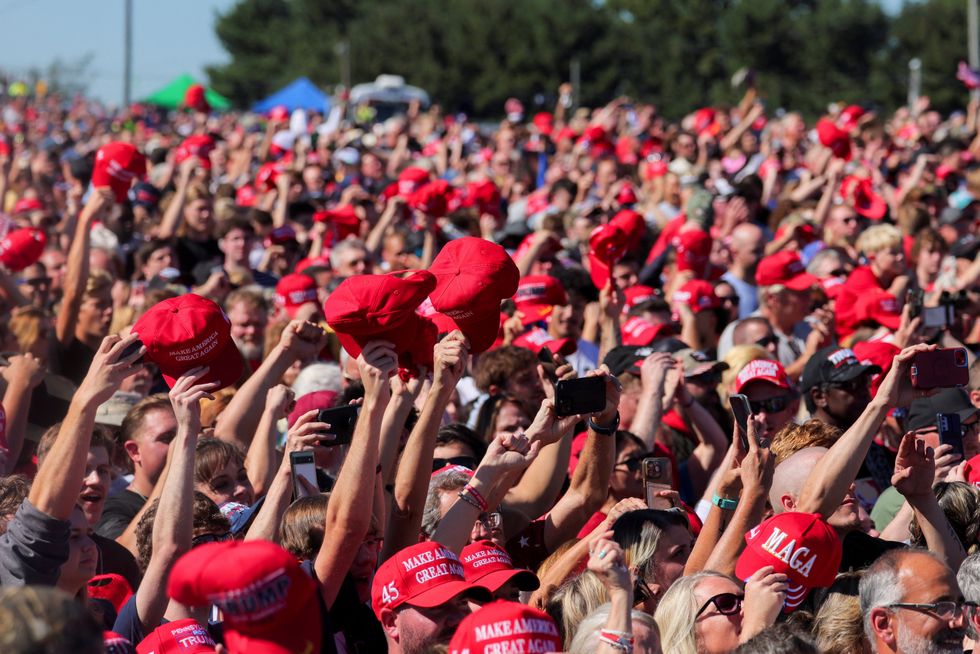Pope Leo XIV has condemned antisemitism while reaffirming the Catholic Church’s commitment to combat it, a stance that resonates strongly amid escalating tensions linked to Israel’s ongoing conflict in Gaza. During a general audience on Wednesday, he emphasized this commitment as part of the Church’s obligation to foster friendship with the Jewish community, a message that aligns with the Vatican’s longstanding position on antisemitism.
As he marked the 60th anniversary of the Vatican’s pivotal document, Nostra Aetate, which transformed Catholic-Jewish relations, the Pope acknowledged historical misunderstandings and conflicts arising from the current war. He dedicated his address to an audience that included several Jewish leaders and representatives from other faiths, all present to commemorate the significant milestone in interfaith dialogue.
The document, translated as “In Our Time,” explicitly condemns antisemitism and repudiates the notion of collective guilt assigned to Jews for the death of Jesus Christ, a belief that has perpetuated prejudice for centuries. In his remarks, Leo quoted the document, stating that the Catholic Church denounces “hatred, persecutions, displays of antisemitism, directed against Jews at any time and by anyone.” He underscored that all his predecessors have reiterated this condemnation, asserting, “The Church does not tolerate antisemitism and fights against it, on the basis of the Gospel itself.”
The Pope’s remarks come in the context of a surge in antisemitism, particularly following the October 7, 2023 attacks by Hamas and Israel’s military response in Gaza. The Anti-Defamation League reported that antisemitic incidents in the United States reached a record high last year, with 58% of the 9,354 reported incidents linked to Israel. Demonstrations against Israeli policies often included antisemitic rhetoric, further complicating the dialogue between communities.
In light of these tensions, Pope Leo’s statements seek to reaffirm the Church’s dedication to fostering understanding and friendship with Jewish communities worldwide. He acknowledged the strain these political circumstances have placed on relations, noting, “Even today, we must not allow political circumstances and the injustices of some to divert us from friendship, especially since we have achieved so much so far.”
This anniversary is particularly significant given the Vatican’s historical reckoning with its role in antisemitism, especially in relation to the Holocaust. Pope Leo’s predecessor, Pope Francis, faced criticism for comments perceived as equating the moral responsibilities of both Hamas and Israel. While he has met with families of hostages and called for their release, his calls for investigations into Israel’s military actions have sparked further debate.
During his initial meeting with Jewish leaders following his installation, Pope Leo emphasized the need to maintain momentum in interfaith dialogue, despite the challenges posed by current events. Rabbi Noam Marans, director of interreligious affairs at the American Jewish Committee, remarked on the significance of the Pope’s acknowledgment. He expressed hope that the Vatican would continue to take a firm stance against antisemitism.
“Never in the relationship of Catholics and Jews since Nostra Aetate has the Jewish people been more in need of friends who commit themselves to combating antisemitism with every fiber of their being,” Marans stated. He emphasized the unique moral authority of the Catholic Church, urging it to utilize its influence to combat prejudice effectively.
As the world continues to grapple with rising tensions related to the conflict in Gaza, the Pope’s commitment to fighting antisemitism may serve as a crucial reminder of the importance of dialogue and understanding in overcoming historical grievances.







